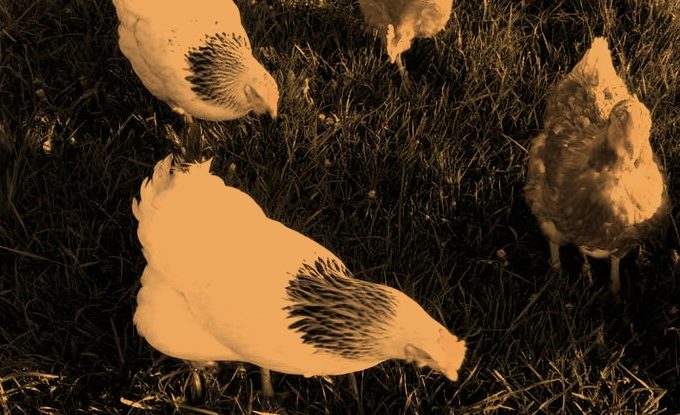A child’s relationship with their parents is complicated. If a child is in extended society care, previously known as being a Crown ward, that’s probably an understatement. But what happens in the unfortunate situation that a child under society care passes away? Nobody likes to contemplate the death of a child, but it raises all kinds of logistical questions. For one, who has the right to make burial arrangements for the child?
This last question was precisely one that the courts answered in the case of L.A.W. v. Rainy River (Family & Children’s Services), 2005 CanLII 11812 (ONSC).
The Facts
P.C.W. was a Crown ward who died at the age of 16 of a degenerative condition. P.C.W. and his mother were members of a First Nation Band, though P.C.W. had not been in contact with the Band or his mother in several years. A year before his passing P.C.W. had executed a document expressing his wishes that he be buried in the cemetery in Emo, and had further re-articulated this wish in plans of care every three months up until his death. In fact, P.C.W. had clearly indicated that he was concerned his body would be taken away for burial on the reserve.
Upon his death, the children’s aid society notified the next of kin, arranged and paid for P.C.W’s burial per his wishes. Soon after P.C.W.’s death, the Band and P.C.W.’s mother indicated their wishes that P.C.W.’s remains be interred on the reserve pursuant to the traditional burial rights of the Band. The children’s aid society refused to deliver the remains and proceeded to hold funeral services for P.C.W. per his wishes.
Analysis
Where there is no named estate trustee, as will almost always be the case where the deceased is a minor, the person in priority to be the executor or administrator has the right to possession to and dispose of the body. The hierarchy of priority is enumerated under s. 29 of the Estates Act. Broadly speaking the order is: (i) the married or common law spouse of the deceased; (ii) the next of kin. Under special circumstances the court also has the authority to appoint any person it deems fit as estate trustee.
To advance their case, the children’s aid society put forward the idea that it ought to be considered next of kin. Under what would have been the equivalent of s. 111(1) of today’s Child, Youth and Family Services Act, 2017 (“CYFSA”), when a child has been placed in extended society care the Crown has the rights and responsibilities of a parent. In addition, s. 74(1) of the CYFSA includes an individual who is required to provide for the child by court order under the definition of a ‘parent’.
The court found that placement in extended society care does not extinguish the pre-existing parent’s status as a parent. Distinguishing that it only terminates parental rights. An adoption order is the only thing that can terminate a parental relationship.
However, the court also acknowledged that in circumstances where a Crown ward dies and there has been no parental contact, no ability to determine the whereabouts of the parent, and no contact desired, there would be a duty imposed on the children’s aid society to dispose of the remains. Due to the lack of contact from the child’s mother and the Band, despite a longstanding order granting access, the court ruled that the situation met the threshold of ‘special circumstances’. If an application were made, the children’s aid society would most likely be appointed the Estate Trustee, and therefore have the right to determine where the burial should take place.
In an attempt to balance the wishes of both parties, the court noted that the child had only expressed wishes over where he wanted to be buried, and none were known as to burial customs.
A grim situation, but likely one that children’s aid societies will want to turn their minds to when a minor in their care has made it clear that they want nothing to do with their family – in life or death.


0 Comments